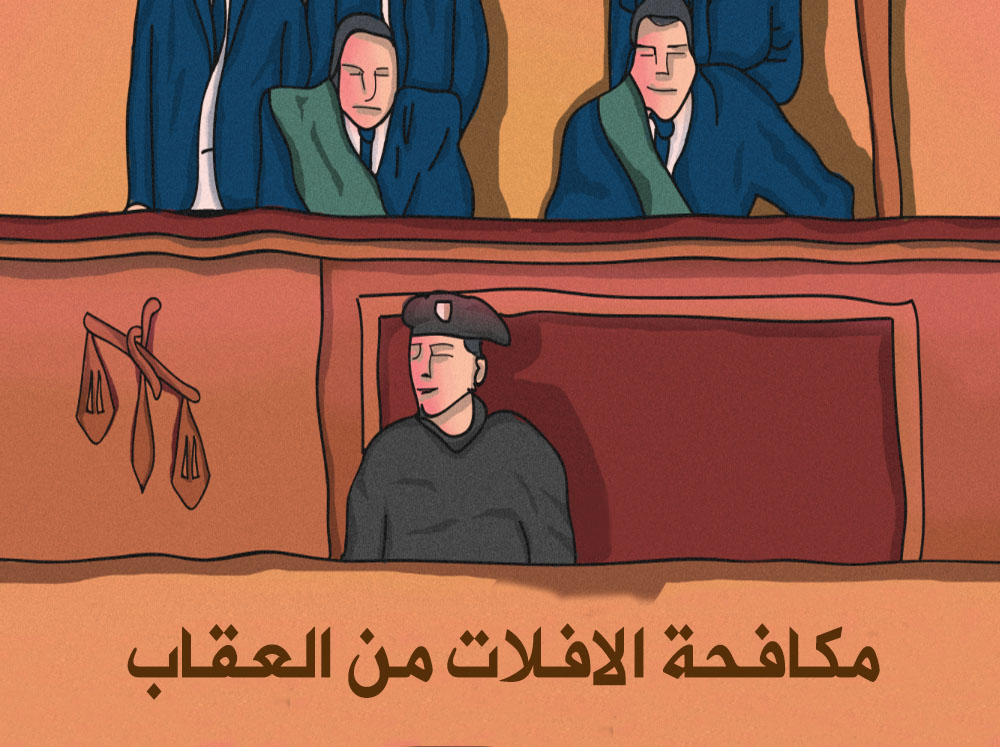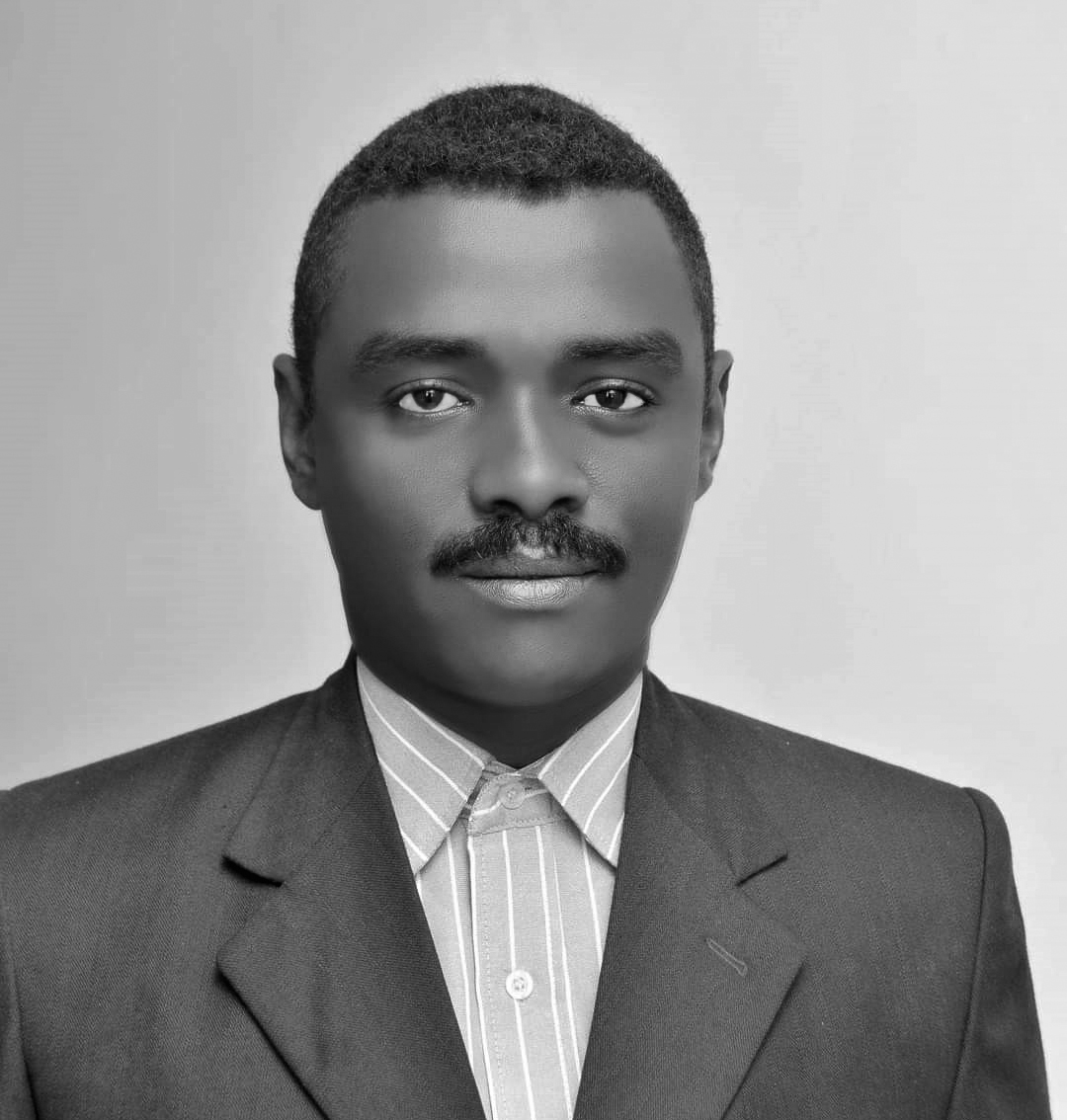
Sudan: What is the International Community Paving the Way For?
Abdel Rahman Al Aajeb
More than six months after the war in Khartoum, the humanitarian situation in Sudan continues to deteriorate. The ongoing war between the army and the Rapid Support Forces has resulted in the killing of more than 4,000 citizens and the displacement of more than 7 million, both internally and externally.
Due to the violations accompanying the war, the Human Rights Council in Geneva, in its session held on October 10, decided to establish an (independent international fact-finding mission) in Sudan regarding the violations and crimes that occurred during the war. The decision was widely welcomed by political parties, currents, armed movements, and civil society organizations in Sudan.
The decision to form the mission came about two weeks after the appearance of the army commander at the United Nations General Assembly and his request to classify the Rapid Support Forces as a terrorist organization for the brutality it committed against civilians. However, the Sudanese Ministry of Foreign Affairs expressed its reservations about the decision.
Since the outbreak of the devastating April war, the army and the Rapid Support Forces have been accused of widespread human rights violations, including killing, arrest, forced displacement, rape, ethnic cleansing crimes, and shelling of populated neighborhoods through air raids and heavy artillery.
The Sudanese Ministry of Foreign Affairs said that a division in the Human Rights Council regarding the decision indicates an attempt to use the council to serve the goals of certain countries, and that the decision to form a (fact-finding mission) was biased and equates the national army with a rebellious terrorist militia. The Sudanese Ministry of Foreign Affairs held the sponsors of the decision fully responsible for the negative consequences that may result from this decision.
The Human Rights Council adopted the decision under Article Six after it was presented by four countries (United Kingdom, United States of America, Norway, and Germany) with a majority of 19 votes in favor and 16 votes against the decision, while 12 of the member countries abstained from voting.
The mission of fact-finding was designed to send a message to the warring parties that their violations will be scrutinized, and they will face the consequences of their violations, in line with the requests defined by 120 civil society organizations. The missions mandate includes investigating the violations and breaches committed in Sudan, collecting and preserving evidence, and identifying those responsible for them.
According to the decision, the mission consists of three members with expertise in international human rights law and international humanitarian law, to be appointed as soon as possible by the President of the Human Rights Council for an initial period of one year. The mission is tasked with investigating and establishing the facts and root causes of all allegations of human rights violations, breaches, and violations of international humanitarian law, including violations committed against refugees and related crimes in the context of the ongoing armed conflict that began in Khartoum in April.
The decision grants the mission the right to identify individuals and entities responsible for violations or other related crimes in Sudan, with the aim of ensuring accountability for those responsible and referring victims to justice. It also urged the international community to provide full support to the mission in carrying out its mandate.
In Sudan, many parties welcomed the decision, including (Emergency Lawyers Association - a volunteer legal organization). Legal expert and member of the association, Nasr El Din Rahal, said that for the second time in its recent history, Sudan has witnessed a decision from the United Nations Security Council to form an independent, neutral international commission to investigate humanitarian violations affecting civilians on both sides of the conflict in Sudan.
The first was related to violations in the Darfur region, western Sudan, during the conflict that occurred between the Salvation Government and the armed Darfur movements between 2003 and 2005. At that time, the United Nations Security Council issued Resolution 1593 when the Council concluded the inability and unwillingness of the judicial bodies, especially the judiciary, to investigate or conduct trials regarding the crimes committed; the matter was then referred to the International Criminal Court based on the Rome Statute of 1998.
The committee and the office of the prosecutor, through investigations, found preliminary evidence that constitutes a violation according to international humanitarian law, human rights law, international criminal law, and the covenant on civil and political rights.
At the time, the prosecutors office confirmed the existence of elements of war crimes, crimes against humanity, and genocide, and arrest warrants were issued for Ahmed Haroun, Ali Abdel Rahman Kushayb, Omar Al-Bashir, and Abdel Rahim Mohammed Hussein.
The defense plan of the Salvation Government at the time regarding those charges was to turn the battle and legal confrontation into a political battle with the International Criminal Court and the institutions of international legitimacy, thinking that it would escape prosecution and appear before criminal justice, as Rahal mentioned.
Despite the success of the December 2018 revolution in overthrowing the Salvation Government, the apparatuses of the transitional government, led by Abdallah Hamdok, failed to hand over the wanted individuals to international justice, except for Ali Abdel Rahman Kushayb, who voluntarily surrendered due to the unwillingness of the partner (the military component) who was dominant in the joints of governance during the transitional period.
Rahal said that the recent decision taken by the Human Rights Council is a prelude from the Security Council to refer the matter to the International Criminal Court. Since Sudan refuses and insists on not recognizing the legitimacy of the court, despite its ratification of the statute, the statute gives the Security Council the right to refer any case to it, and then the complementary jurisdiction of the International Criminal Court is invoked, and the defenses that are not based on any objectivity will not be valid. This could lead the country into a losing battle with international legitimacy.
Rahal believes that the Security Council, according to the United Nations Charter and the Rome Statute, if it wishes to settle the matter, has sufficient and broad powers and tools to redress the victims by referring the file proving the occurrence of violations to the International Criminal Court and even stopping the entire war, adding, This is what we aspire to.
In the same direction, the Umma National Party welcomed the decision, which is consistent with its demands to form an independent commission to investigate all the violations that occurred in Sudan, to clarify the facts and bring all those responsible for them to a fair trial to redress the victims and achieve justice.
The Umma Party confirmed in a statement that it will provide everything that may help the mission to accomplish its task in a way that ensures justice and the prevention of impunity, and the party sees that knowing the facts is an imperative necessity, especially knowing who started the war in the country.
The Sudanese Ministry of Foreign Affairs said that the countries sponsoring the draft decision ignored the current priorities of Sudan, which are to end the rebellion, silence the guns, protect civilians, and speed up the delivery of emergency humanitarian aid. They also ignored the atrocities and gross violations committed by the Rapid Support Forces against the Sudanese people.
The Ministry of Foreign Affairs stated that the Sudanese government has given the necessary attention to accountability and preventing impunity by forming the National Committee headed by the Attorney General of the Republic of Sudan to investigate and probe war crimes and violations and practices committed by the Rapid Support Forces and any other armed groups.


